
As our carbon dioxide emissions have increased, the ocean’s absorption of carbon dioxide has done so as well. The oceans are hence suppressing the effects of global warming, but it does so at the expense of aquatic organisms.
The ocean absorbs about one-third of our carbon dioxide emissions, which would otherwise circulate in the atmosphere and without this absorption, the global average temperature would have risen much faster.
The researchers behind a new study in Science suggest that it may be good for humanity, but at a high price for aquatic organisms. According to their calculations, the acidification we now see in the oceans will increase if carbon dioxide emissions continue to increase.
The ocean takes up CO2 in two steps: first, the CO2 dissolves in the surface water. Afterward, the ocean’s overturning circulation distributes it: ocean currents and mixing processes transport the dissolved CO2 from the surface deep into the ocean’s interior, where it accumulates over time.
When CO2 dissolves, it reacts with water to form a balance of ionic and non-ionic chemical species: dissolved free carbon dioxide (CO2(aq)), carbonic acid (H2CO3), bicarbonate (HCO−3) and carbonate (CO2−3). The result is ocean acidification and a shift towards pH-neutral conditions rather than a transition to acidic conditions.
Ocean acidification primarily affects oceanic calcifying organisms, such as corals, mussels and crustaceans. The change in the pH of seawater has harmful effects on marine life, impacting chemical communication, reproduction, and growth.
The international research team compared data from the beginning of industrialism with data between 1994 and 2007. The results show that almost 31 percent of the emissions we humans have been responsible for have been absorbed by the world’s oceans until 2007.
In theory, there is no limit to how much carbon dioxide the ocean can store. But it is a slow process. It is expected that most of the carbon dioxide we humans released today will have been stored in the oceans in ten thousand years.
“We are now waiting for more data from 2013 onwards to make new analyzes. We expect that the proportion of stored carbon dioxide in the oceans will continue to increase in line with human emissions”
– Says Nicolas Gruber, professor of environmental physics at ETH Zurich, and one of the researchers behind the study.
Reference:
Nicolas Gruber The oceanic sink for anthropogenic CO2 from 1994 to 2007 DOI: 10.1126/science.aau5153

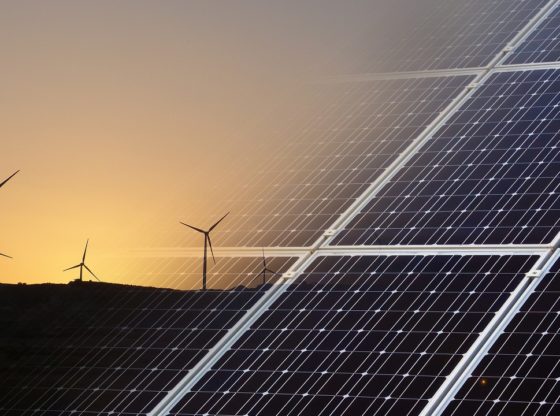

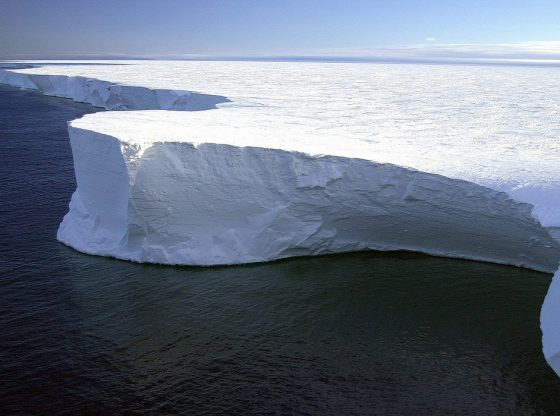
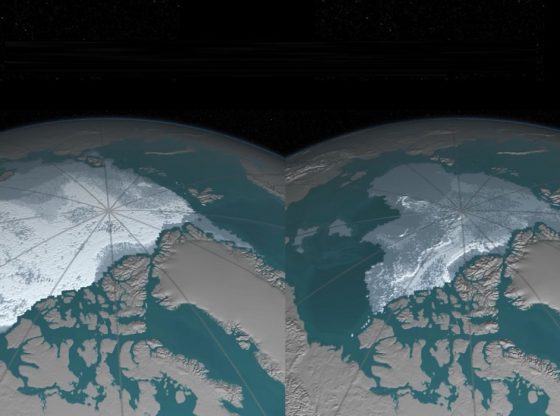

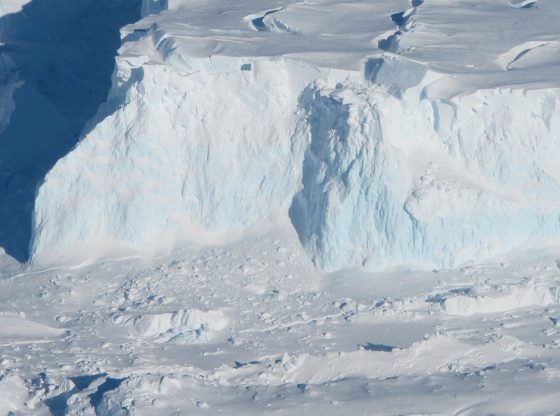
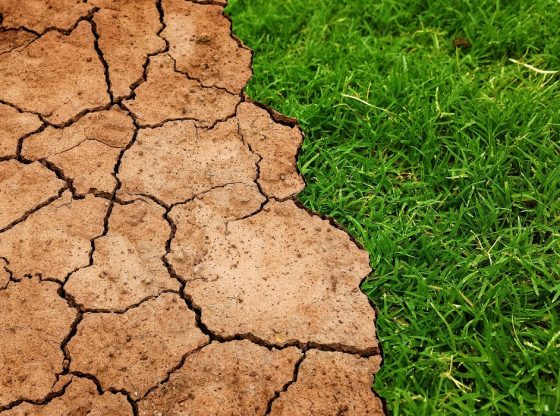
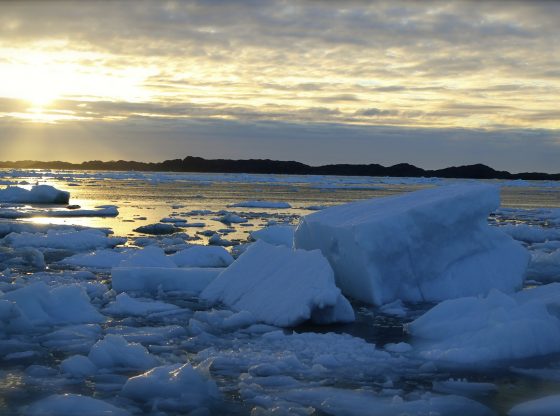
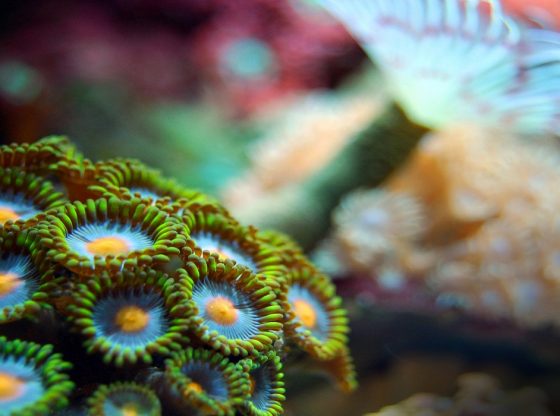
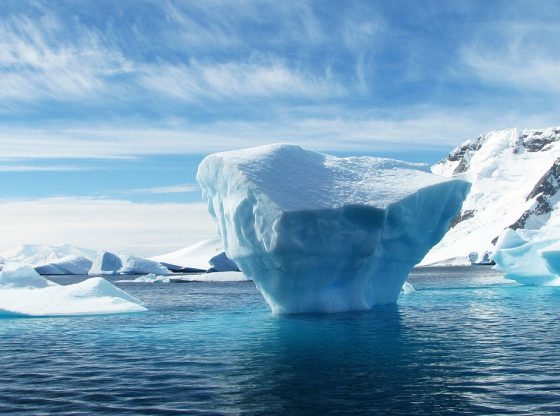
![OpenAI. (2025). ChatGPT [Large language model]. https://chatgpt.com](https://www.illustratedcuriosity.com/files/media/55136/b1b0b614-5b72-486c-901d-ff244549d67a-350x260.webp)
![OpenAI. (2025). ChatGPT [Large language model]. https://chatgpt.com](https://www.illustratedcuriosity.com/files/media/55124/79bc18fa-f616-4951-856f-cc724ad5d497-350x260.webp)
![OpenAI. (2025). ChatGPT [Large language model]. https://chatgpt.com](https://www.illustratedcuriosity.com/files/media/55099/2638a982-b4de-4913-8a1c-1479df352bf3-350x260.webp)








